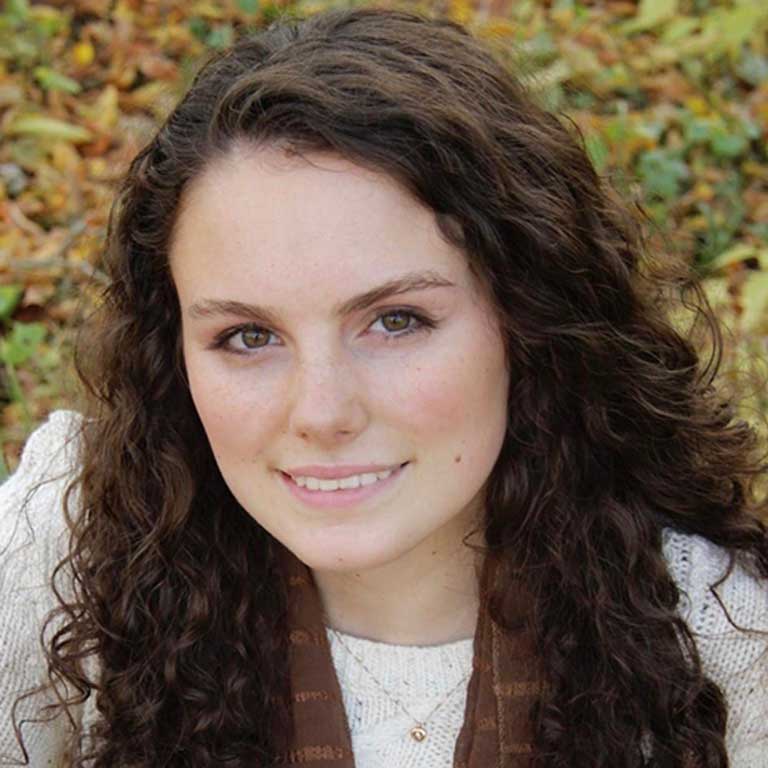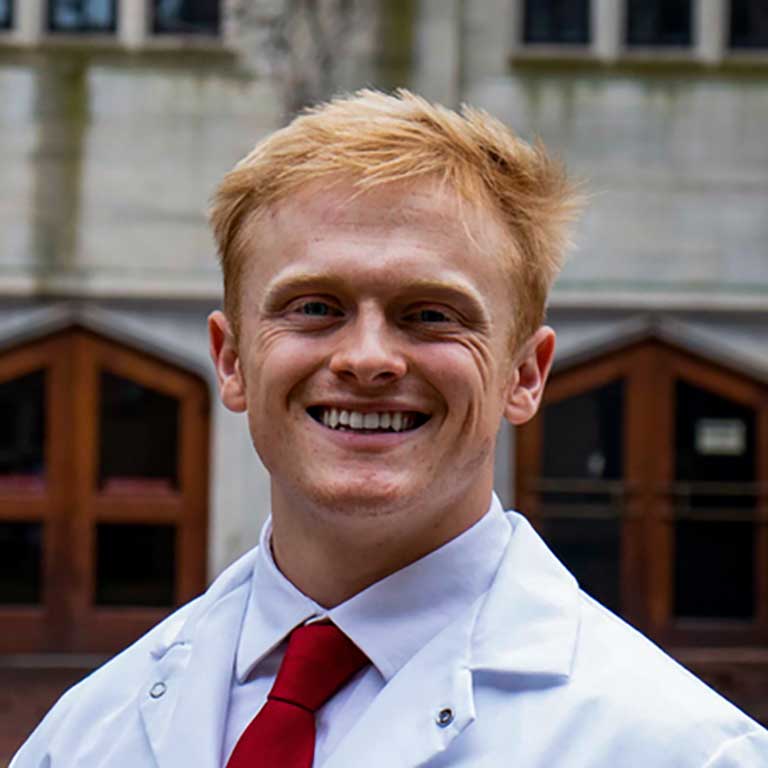Two undergraduate students in the College of Arts and Sciences at Indiana University Bloomington have been awarded Barry Goldwater Scholarships, while two undergraduates were nominees, according to Jo Anne Tracy, assistant dean for research and director of science outreach. Students are nominated for the scholarship by faculty and researchers they are affiliated with.
The Goldwater Scholarship Program is one of the oldest and most prestigious national scholarships for the natural sciences, engineering, and mathematics. It offers financial support, based upon merit and need, and encouragement to sophomores and juniors studying those fields. The scholarship supports their research as they prepare for advanced degrees and careers in related fields.
“I offer my warm congratulates our two Goldwater Scholarship nominees and two Goldwater Scholarship winners for 2023,” said Rick Van Kooten, Executive Dean of the College.“
The College’s Goldwater Scholarship recipients and nominees are:




